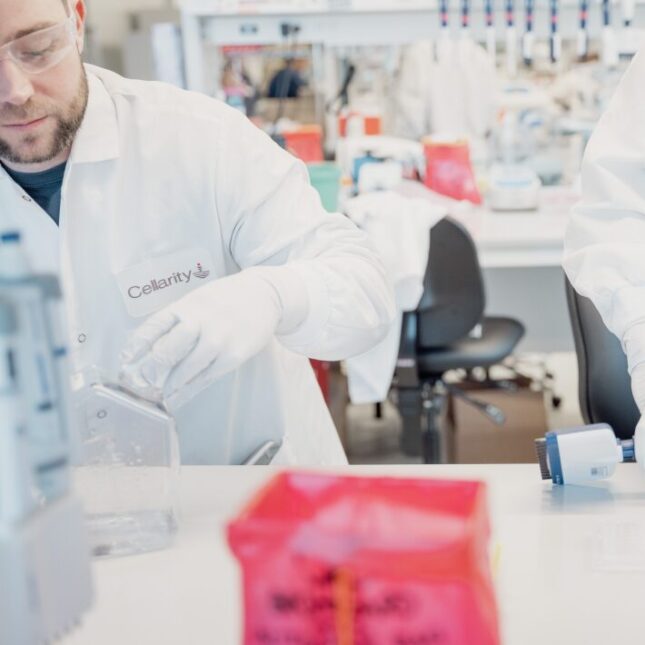
Flagship Pioneering launched Cellarity in December 2019. The startup says it’s using artificial intelligence and other computational technologies “to move away from reductionist drug discovery, and unravel the complexities of disease biology to produce ‘game-changing’ medicines out of reach previously.”
Why does the company view traditional drug discovery as “reductionist”? Nine of ten drug candidates never make it to patients because traditional drug discovery doesn’t embrace the complexity of cell biology and reduces disease to one or two targets, said Fabrice Chouraqui. He became CEO of Cellarity in 2020 after ten years at Novartis, including four years as president of U.S. pharmaceuticals.
“Rather than saying, ‘I just have one protein, I want to bind this protein, I want to inhibit it or I want to activate it, or I want to modulate this one protein’s function,’ we say, ‘I have a cell that [is] at a decision point, and I want to get it to go down one path or the other, or it’s in one state, and I want to push it in the opposite direction,’” said Daniel Burkhardt, a machine learning scientist at Cellarity.

This article is exclusive to STAT+ subscribers
Unlock this article — and get additional analysis of the technologies disrupting health care — by subscribing to STAT+.
Already have an account? Log in
Already have an account? Log in
To submit a correction request, please visit our Contact Us page.











STAT encourages you to share your voice. We welcome your commentary, criticism, and expertise on our subscriber-only platform, STAT+ Connect